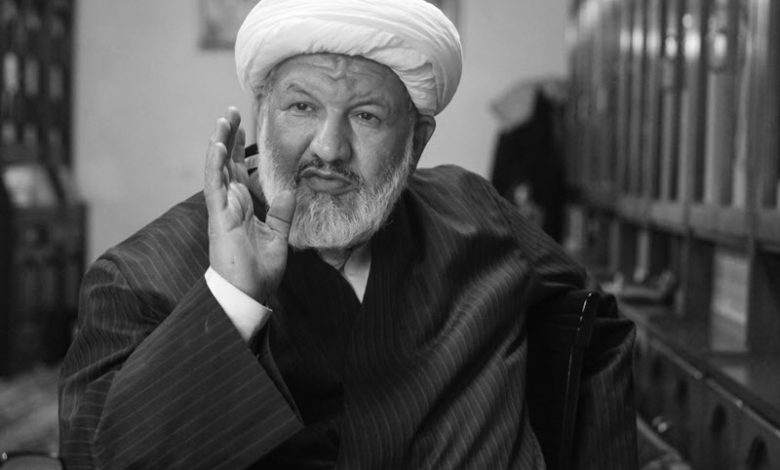Second Official Admits to Iran’s 1988 Massacre of MEK Political Prisoners

Written by Shamsi Saadati
A second Iranian regime official has admitted to the 1988 massacre of 30,000 political prisoners in Iran.
Ali Razini, the Deputy of Legal Affairs and Judicial Development of the Judiciary, spoke to the Jamaran website, which is close to the family of Khomeini, on July 29, 2019 and confirmed that the extrajudicial killings were carried out on Khomeini’s order “without being held up by red tape.” He said the trials that led to the massacre was one of Khomeini’s last major decisions.
Razini explained that on July 24, 1988, Khomeini issued a secret decree about holding emergency trials under the pretext of “investigating war crimes” and that Razini was appointed as head of this court.
Razini said: “One of the most important benefits of this edict was that the opponents who had taken part in the Mersad Operation were dealt with by these courts. That is, we did not bring any of those arrested to trial in Tehran or Ahwaz. In the same war zones, they were arrested, tried and punished.”
In the days after this edict, the court rapidly shifted its focus from war crimes, which was a lie, to begin with, and began to target members and supporters of the People’s Mojahedin Organization of Iran (PMOI), also known as the Mujahedin-e Khalq (MEK), in western Iran. Razini explained that most of the people tried in these courts were young and most of the trials didn’t observe the formalities of a trial (i.e. access to a lawyer, ability to present a defence, judged by a jury of their peers).
On August 17, 1988, the National Council of Resistance of Iran (NCRI) President sent a telegram to the UN and leaders of the five permanent members of the Security Council – the US, the UK, France, China, and Russia – to warn them about the widespread executions of individuals who supported the MEK. But the massacre was not stopped.
When asked about the number of those executed, Razini said: “I do not remember. Back then we were busy and didn’t have time to count.”
This comes just days after Mostafa Pour-Mohammadi, Advisor to the Iranian regime’s Judiciary Chief and a former Interior and Justice Minister, defended the massacre to the state-run Mosalas magazine.
Pour-Mohammadi sat on the Tehran Death Commission, alongside current Judiciary Chief Ebrahim Raisi, and sent thousands of political prisoners to their death for continuing to support the MEK.
He said: “We have not yet settled the score with the MEK. We will discuss these matters after we eliminate them. We are not joking… Now is the time to fight them, now is the time to subdue them. Now is the time to conduct prosecutions.”
He then said that this was not the time to give “legal answers,” assess the conduct of the judges, or look into improperly closed cases, asking why people were so concerned about “why [he] threw a grenade into the wrong place or [acted] incorrectly” and if he was just supposed to “defend” his mistakes.
The answer, of course, is that he should be held accountable for the mistakes.

